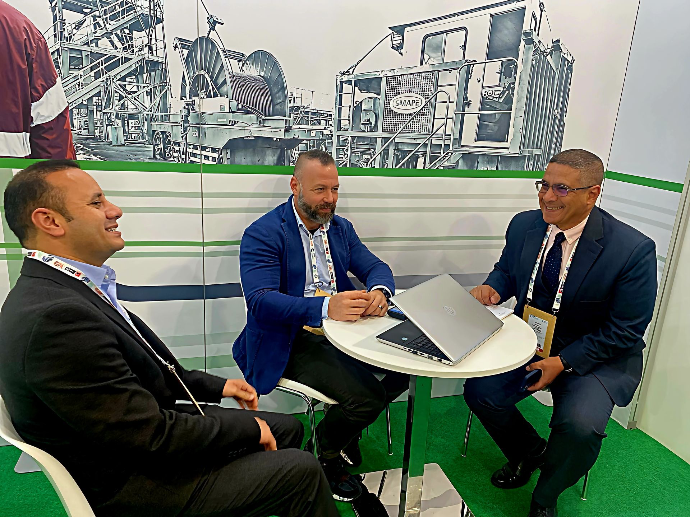
What is Expected to Become a Supplier
All Ital Services Egypt suppliers are required to comply with our purchase agreements, contractual terms, and Code of Ethics.
We expect all suppliers to conduct their business in a manner that respects human dignity, promotes safe and fair working conditions, and aligns with our commitment to sustainable operations.
Every supplier is expected to demonstrate compliance with our QHSE Management System, ISO 9001, ISO 14001, and ISO 45001 principles.
Before becoming an approved supplier, each vendor must undergo a structured evaluation and selection process based on the following criteria:
- Applied quality and safety standards.
- Compliance with Ital Services Egypt’s QHSE requirements.
- Technical capability and delivery performance.
- Financial stability and responsiveness.
- History of previous work and reliability.
- Competitive pricing and integrity in business conduct.
Suppliers are continuously monitored and re-evaluated to ensure conformity with Ital Services Egypt’s standards and values.
Failure to maintain these standards may result in disqualification from the approved vendor list.
Ital Services Egypt strictly prohibits:
- The use of child labor, forced labor, or human trafficking.
- Any activity that violates human rights, occupational safety, or environmental protection principles.
Suppliers must also:
- Follow all laws and regulations applicable to their operations.
- Cooperate fully with our quality audits and verification procedures.
- Report any deviation or non-conformity that may affect product or service quality.
- Contribute to our sustainability efforts—including initiatives to reduce greenhouse gas emissions, minimize waste, and protect natural resources.
Business Gifts and Conflicts of Interest
At Ital Services Egypt, integrity is a non-negotiable principle.
To ensure transparency and fairness in all dealings, our internal policy states:
It is not permitted to give or offer, directly or indirectly, payments or material benefits of any amount to third parties, public officials, or private individuals, to influence or compensate for an act of their office. Acts of normal commercial courtesy such as gifts or forms of hospitality are permitted when they are of modest value and in any case never aimed at acquiring advantages in an improper manner; such acts and the expenses deriving from them must in any case be authorized by the superior position and duly documented and recorded